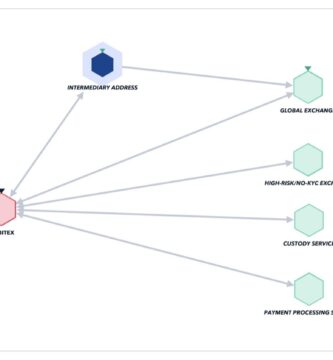July 2, 2025

How many years is Diddy facing
June 15, 2025
How Big Was the Crowd at the Military Parade?
June 5, 2025
Cuidado com o código PIX “00020101021126880014br.gov.bcb.pix…”: saiba o que significa e evite cair em fraudes
May 31, 2025
7 Key Insights into the Meaning of Misinformation
May 31, 2025
Top Reasons Why Perchance AI Chat Is Blowing Up in 2025
May 26, 2025
How to Stop Meta from Using Your Data to Train AI
May 26, 2025



